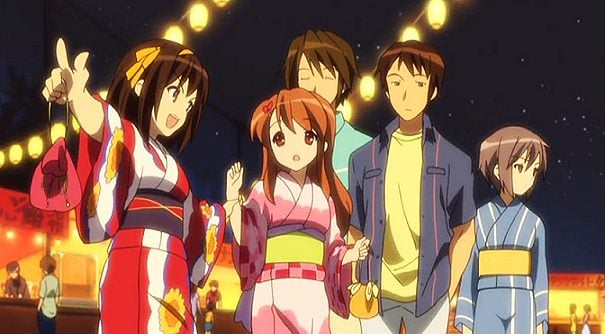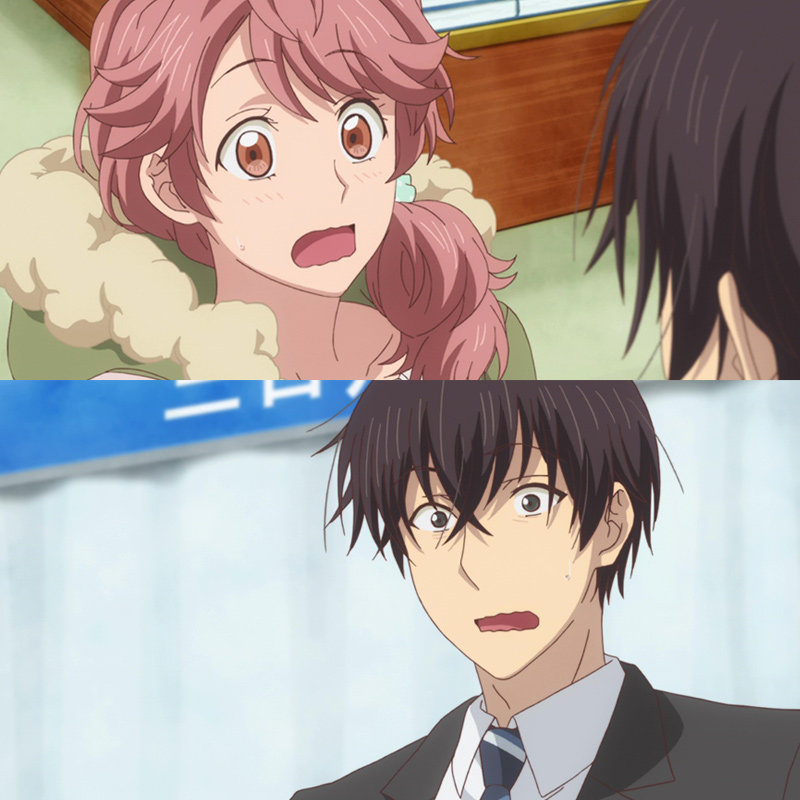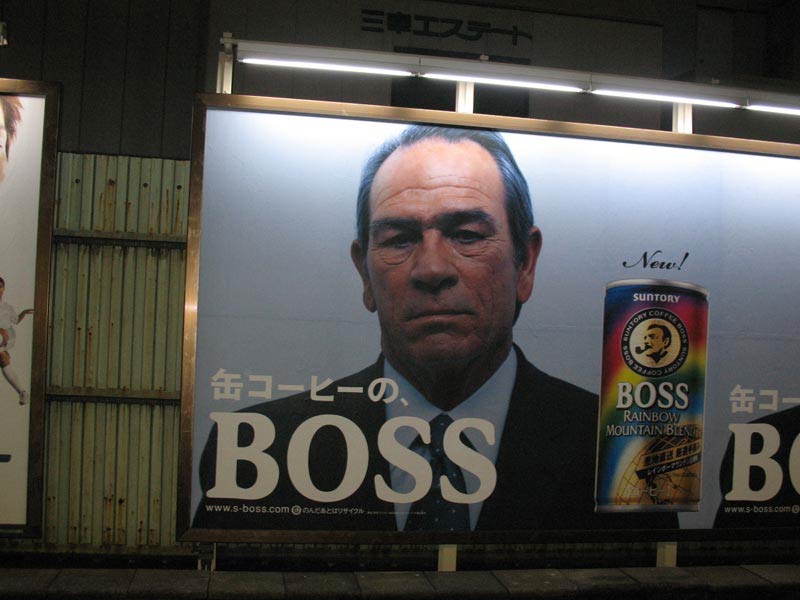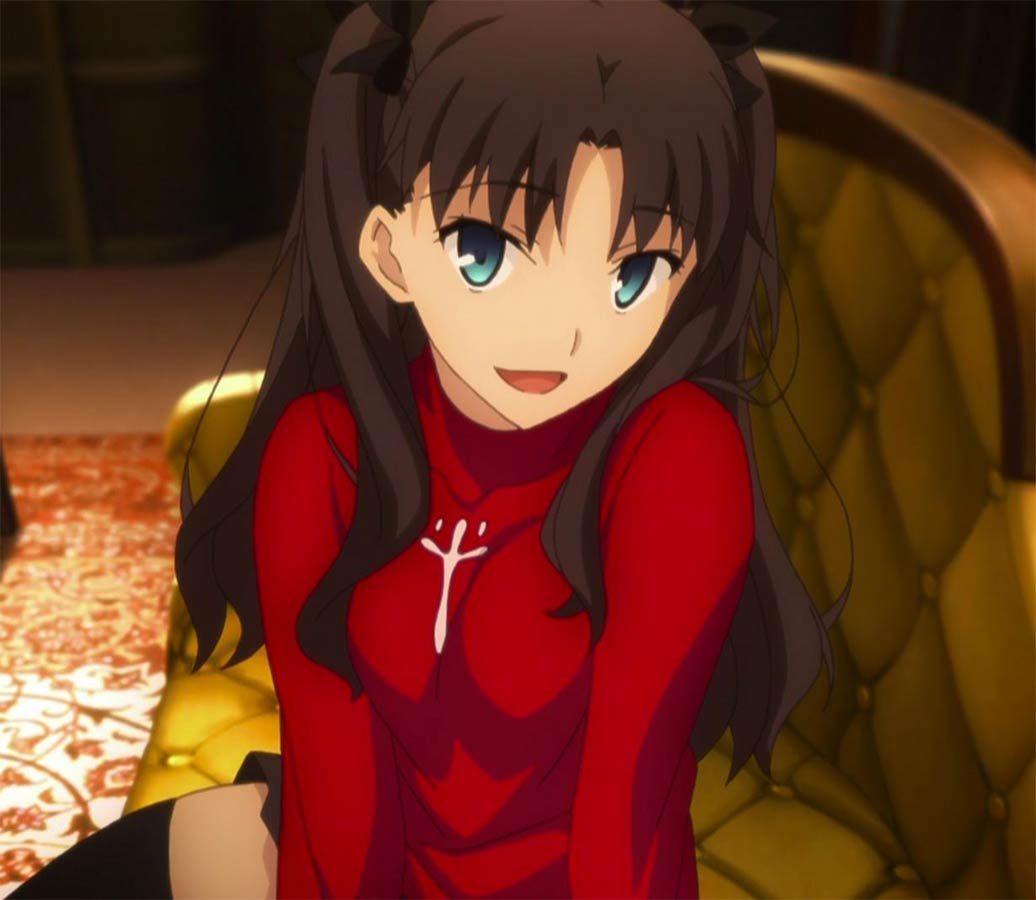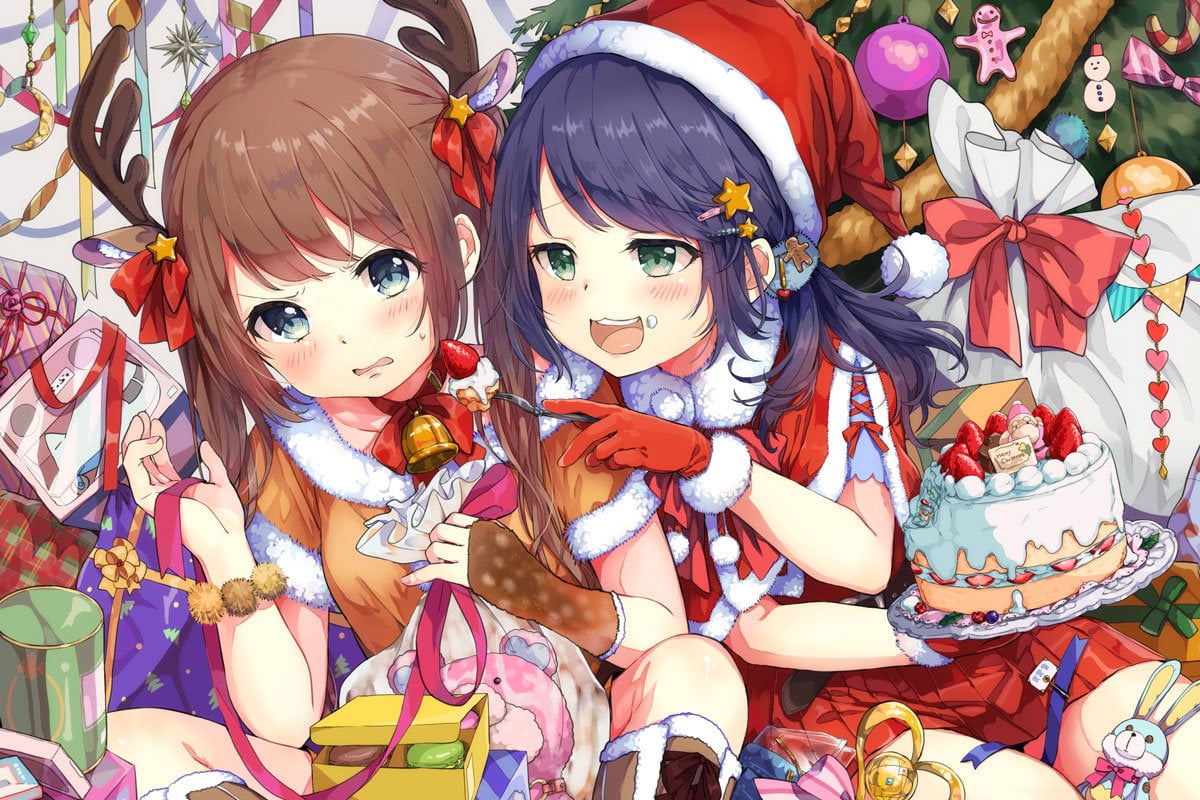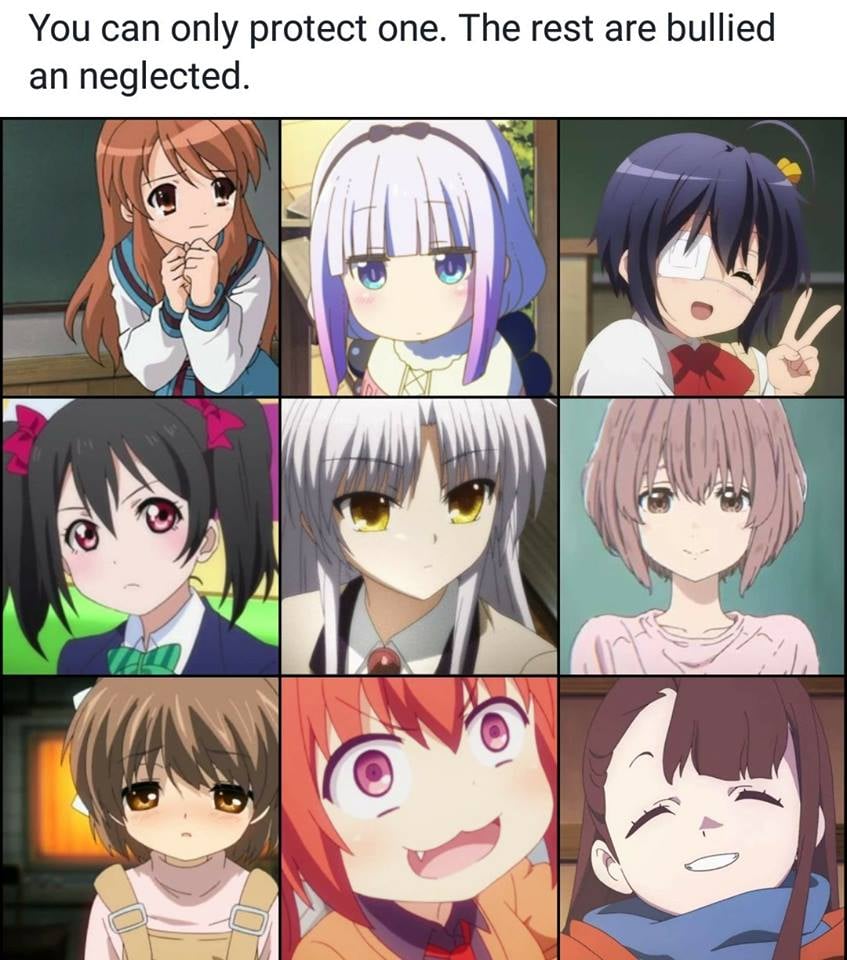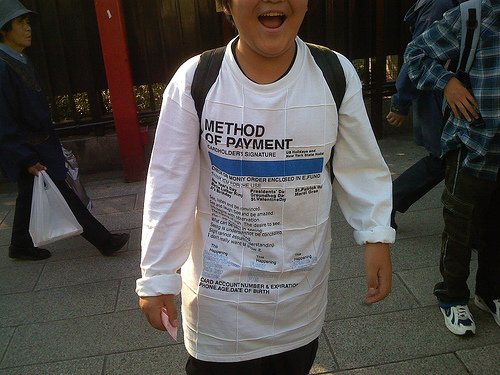Speaking of graves, Japan is in the middle of Obon (pronounced “oh, bone!”), a three-day Buddhist holiday to remember the souls of one’s ancestors that’s kind of a combination of Halloween and Thanksgiving, when all is said and done. Much of Japan shuts down on August 13, 14 and 15th as people travel to their jikka, or “real home,” meaning their parents’ home or wherever their family’s Buddhist altar is located, to spend some quality time with family members. The custom of haka-mairi, making a visit to the family grave, is also important, and Japanese will go to their family’s gravestone to wash it with clean water and decorate it with flowers. Ancestors are extremely important in Japan, and Obon is a good time for people to take a break and remember how important family is, including those who have gone on. Just as Christmas has grown beyond its original meaning to become a big part of the culture of the West, many of these traditions are practiced by all Japanese, even if they don’t actively consider themselves to be Buddhist. The Obon holidays are also a popular time to travel, and this week hundreds of thousands of Japanese are taking vacations overseas. If you live in a place that receives many Japanese visitors like Hawaii or California and you’re wondering why there are so many Nihonjin around, now you know.
What Anime Raised You? J-List Customers of Culture Respond!
One reason I love social media like X, Bluesky, and Facebook is that I can post questions to my followers...


